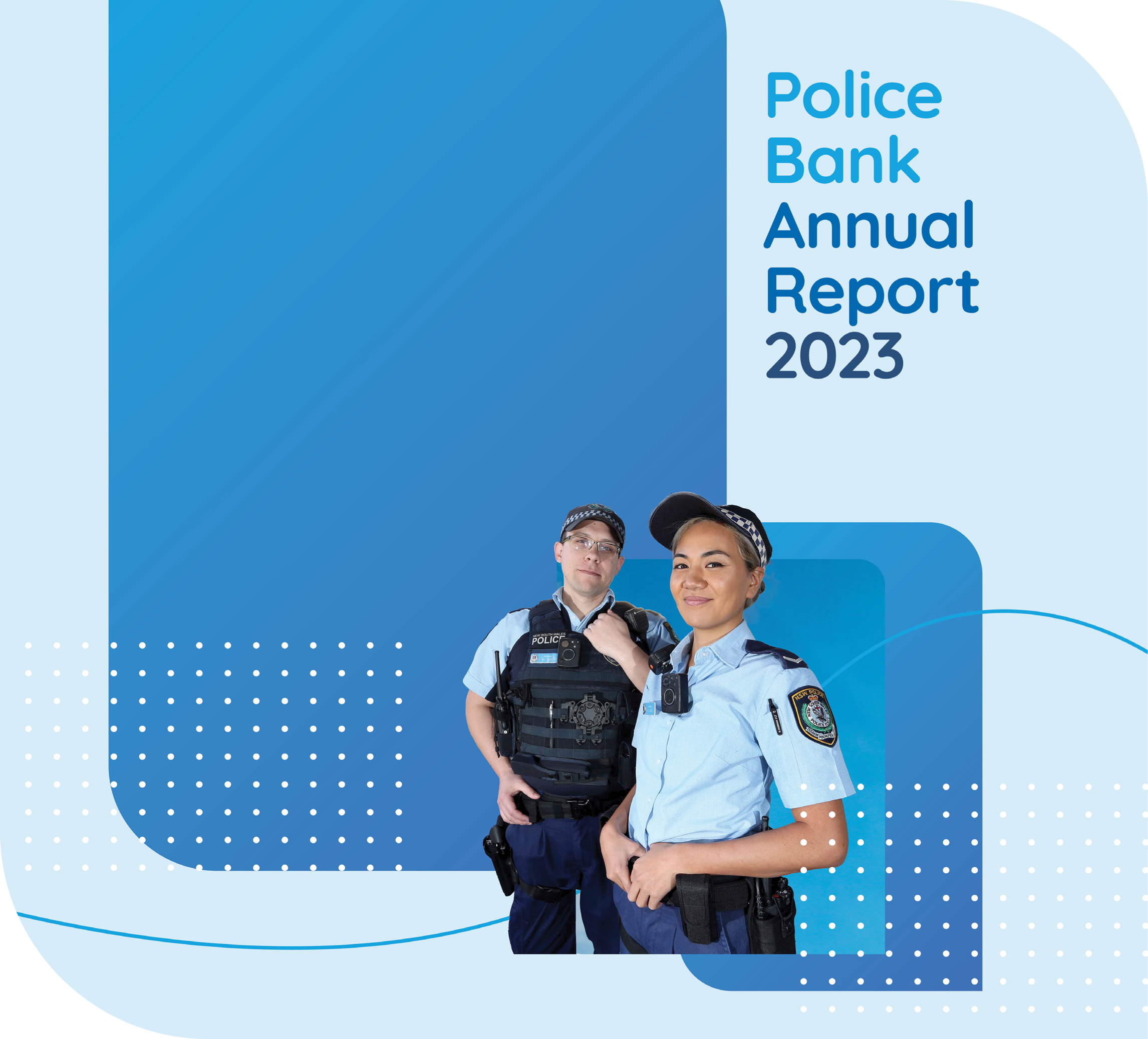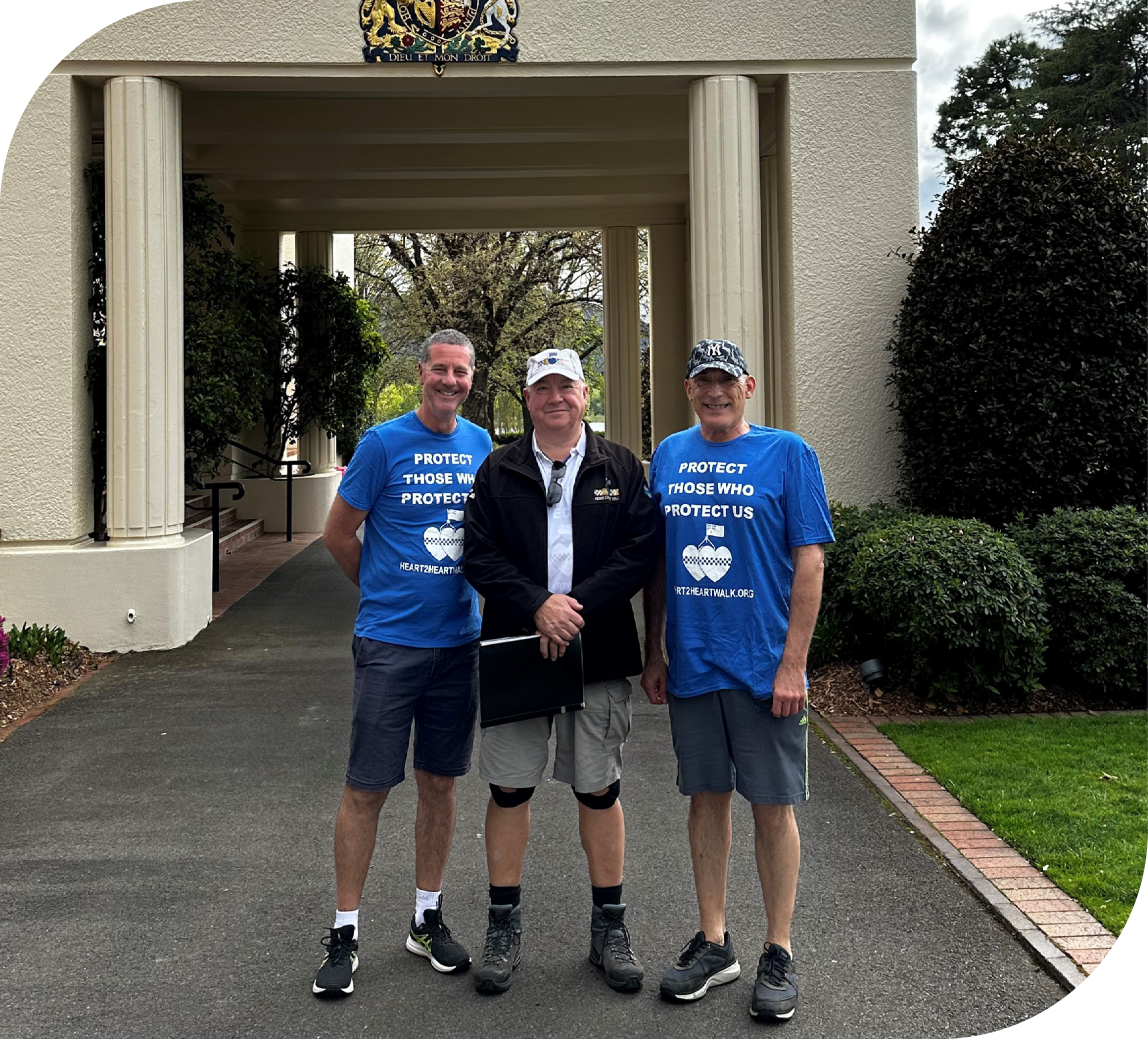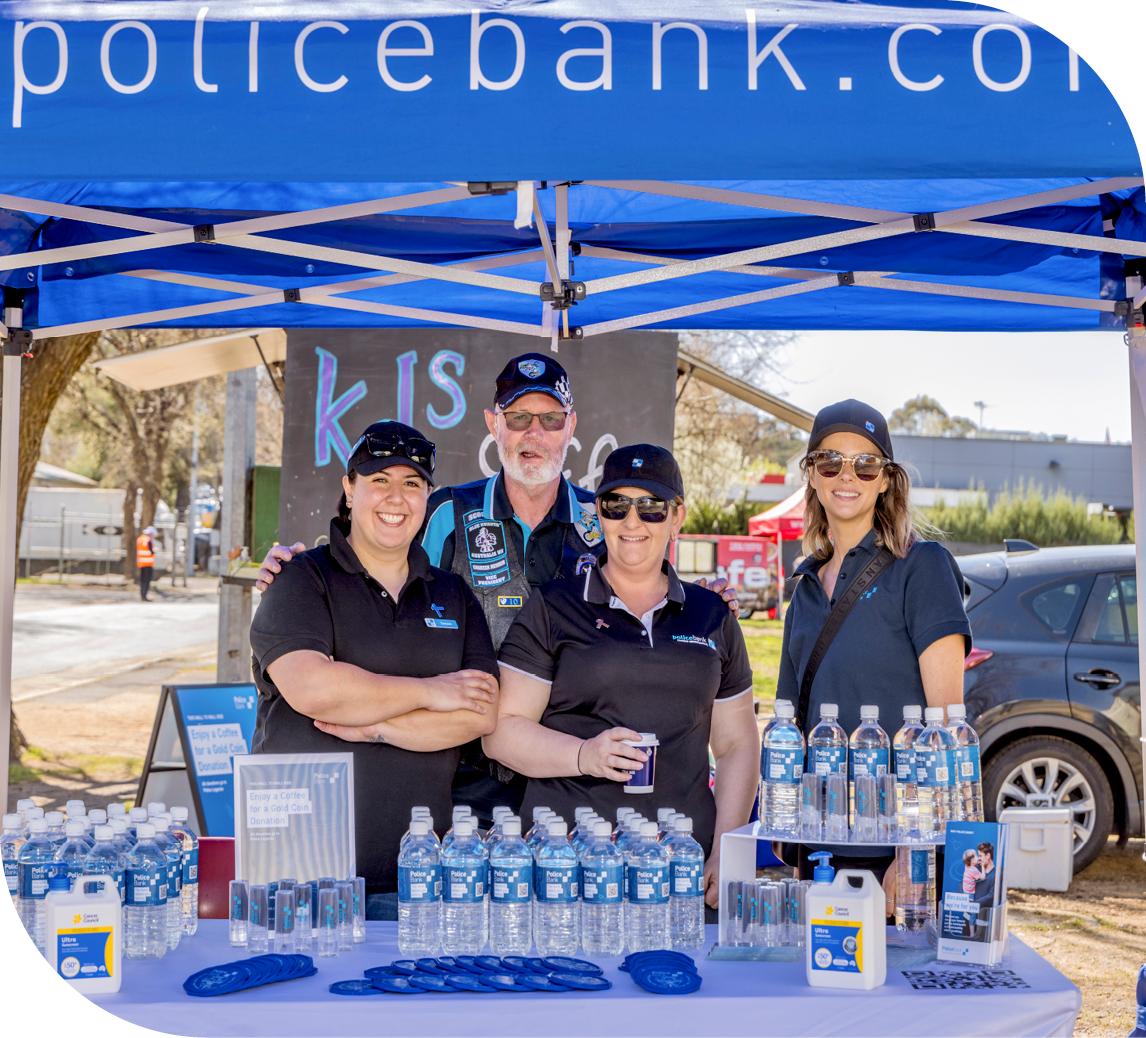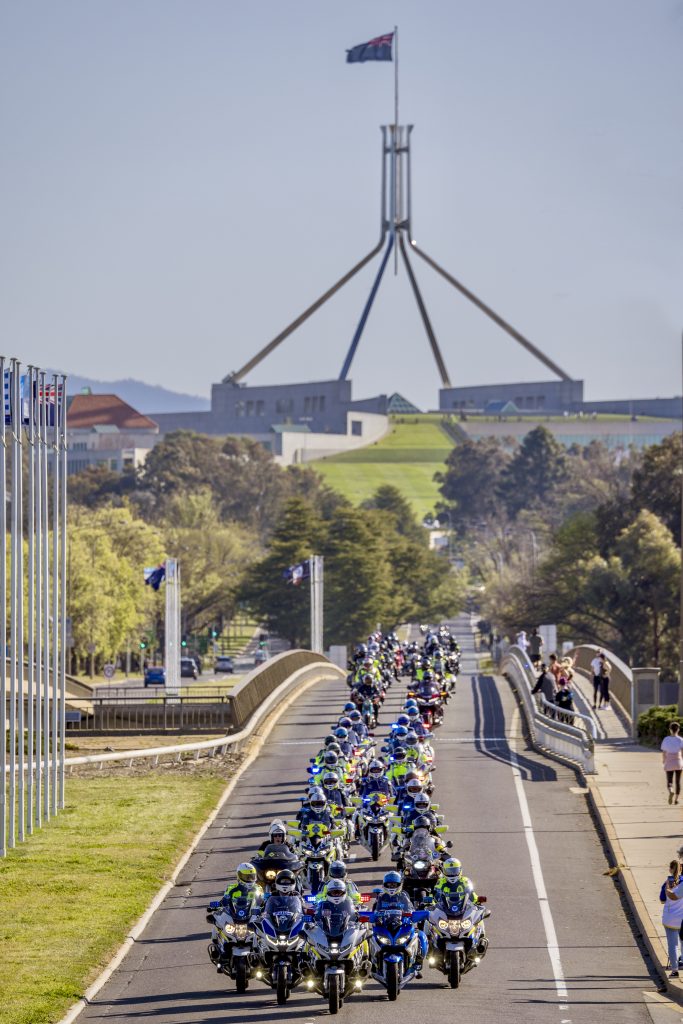One-in-six women in Australia is affected by economic abuse. Economic Abuse Awareness Day, observed in November, brings attention to this often-hidden issue. Let’s examine the signs of economic abuse and discover available support options if you or someone you know might be experiencing this hardship.
Economic abuse is a form of manipulation that can often go unnoticed. It encompasses various behaviours that exert control over someone’s financial resources, leading to dependence and vulnerability.
Studies in Australia indicate that more than one-in-six women will encounter economic abuse during their lifetime. Recently, International Economic Abuse Awareness Day, on November 26, shone a spotlight on the enduring and profound repercussions survivors of economic abuse face.
Deloitte analysis has found that this form of abuse costs victim-survivors a staggering $5.7 billion annually in Australia, with consequences that extend far beyond the financial impact. Tara, a survivor of domestic abuse, shares her poignant perspective:
“Throughout the relationship, he drained hundreds of thousands of dollars from me. It’s not solely about the financial toll; it’s about what it steals from your future. Obtaining a home loan now feels impossible post-bankruptcy. The time lost in family court is time irretrievable. That’s the true cost. It’s challenging to explain the mental and emotional toll in mere dollars.”
Economic abuse seldom stands alone. More than 78% of individuals enduring domestic violence also face economic abuse as part of a broader pattern of controlling and abusive behaviour, severely limiting their avenues for safety.
The telltale signs of economic abuse include:
- Control of Financial Resources: This involves restricting access to cash or bank accounts, withholding money for essential needs like food or clothing, and monitoring and scrutinising every expenditure.
- Undermining Financial Independence: Committing acts that sabotage education or employment opportunities or forcing financial dependence by not contributing to household expenses or burdening one partner with all bills.
- Forced Financial Actions: Coercing a person into handing over income or savings, pressuring them to incur debts against their will, or making financial decisions without their consent (like securing loans or making purchases in their name).
- Manipulation and Concealment: Hiding financial information or assets, forcing claims of undeserved government benefits, demanding excessive payments (like dowry), misrepresenting documents to gain signatures, or manipulating finances to evade or reduce child-support payments.
- Exploitative Work and Property Damage: Forcing unpaid work or unfair working conditions within a family business, or damaging or stealing belongings.
Recognising these signs is crucial. If you or someone you know experiences these behaviours, there are many services that provide support to help you break free from this cycle of manipulation and regain financial autonomy.
The financialsafety.org.au website has information about different types of economic abuse, steps you can take, and a directory of support services.
You can also learn more about economic abuse by visiting the Centre for Women’s Economic Safety (CWES) website, which has a financial safety checklist in eight languages.
Bookings can be made through the website for CWES’s Money Clinic service, which provides free, confidential support for women experiencing financial abuse.
If you are having difficulty meeting mortgage or loan repayments due to economic abuse, you can contact the financial hardship team at your bank. Police Bank is always open to discussing with members in financial difficulty the best options available to them. Any member wishing to discuss their current financial circumstances can ring our Assistance Centre on 131 728.
“Spotlight articles are prepared without taking into account your objectives, financial situation or needs and are published for information purposes only. You should consider the appropriateness of any content to your circumstances. Visit Important documents to access Terms and Conditions and the Financial Services Guide which are currently available electronically for products of Police Bank Limited. Target Market Determinations are available here. Loan applications are subject to lending criteria and credit approval. Interest rates are subject to change. Fees and charges may apply.”









